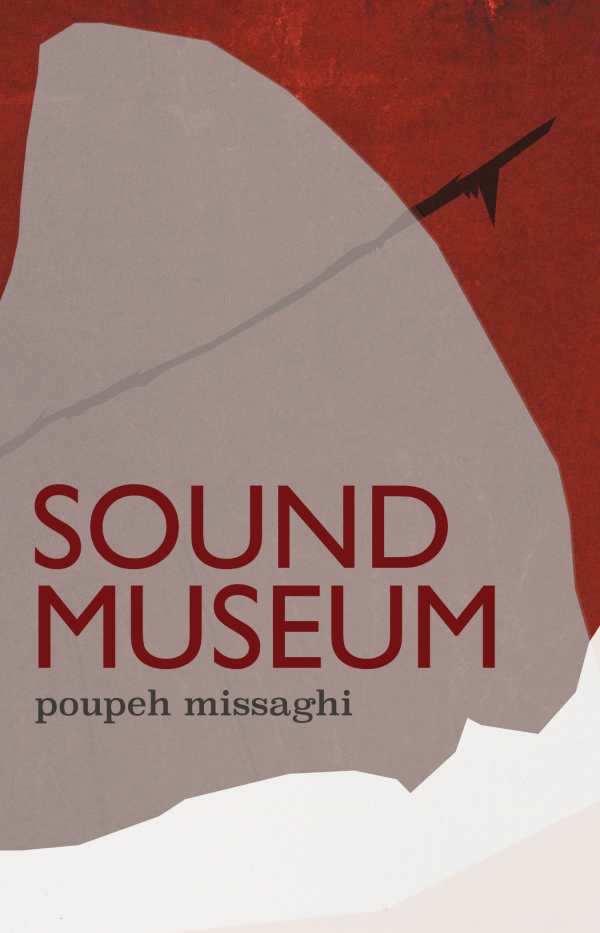Sound Museum
A Theory Fiction
In Poupeh Missaghi’s literary novella Sound Museum, an enthusiastic curator celebrates the aural elements of torture.
Before an exclusive tour of her museum, an Iranian curator delivers an opening speech to the invited foreign journalists. She details the rationale behind featuring the sounds of torture and the process of working with her women-centered team to assemble her archives. Drawing attention to her own breakthroughs as a woman torturer within a space dominated by men, she argues that her museum is central to the creative, interactive, ongoing innovation of interrogation techniques, rather than a memorial to past violence.
A passionate host, the curator narrates with energetic warmth, delivering an uncensored monologue on torture. She’s proud of her achievements; she champions torturers’ humanity and the pursuit of inclusive scientific inquiry. At the same time, she engages in the bold, shocking embrace of humanity’s darkest propensities. With open lust for subjugation, she asserts
We mainly interrogate … to show … that we have full control over not only [prisoners’] bodies but also their internal states, emotional and psychological, which—you wouldn’t disagree with me, I’m sure—is an amazing, intoxicating feeling.
Despite the curator’s moral dubiosity, she refuses to grant her audience a comfortable sense of superiority. She twists the words of opposing activists, scholars, and artists to serve her zealous study of torture sounds. She also makes reasoned feminist critiques about the self-righteousness of her challengers: “We women in the Middle East are suffering on both fronts, from the patriarchal men here and the Western gaze, which orientalizes and diminishes us.” She notes, in particular, the US’s complicity in torture at infamous prisons like Abu Ghraib, deriding its hypocritical attempts at secrecy.
Espousing dark curiosity about the human desire to command and violate bodies, a charismatic curator issues a thorough manifesto in the troubling novella Sound Museum.
Reviewed by
Isabella Zhou
Disclosure: This article is not an endorsement, but a review. The publisher of this book provided free copies of the book to have their book reviewed by a professional reviewer. No fee was paid by the publisher for this review. Foreword Reviews only recommends books that we love. Foreword Magazine, Inc. is disclosing this in accordance with the Federal Trade Commission’s 16 CFR, Part 255.

